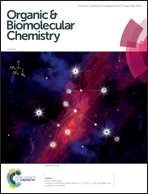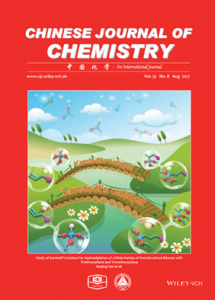 In July 2017, just days after accepting and publishing a paper, a physics journal discovered “several scientific errors” and decided to retract it.
In July 2017, just days after accepting and publishing a paper, a physics journal discovered “several scientific errors” and decided to retract it.
But the authors—Alexander Kholmetskii and Tolga Yarman—strongly objected to the journal’s decision, so much so they published a detailed rebuttal to the retraction on the preprint server arXiv.
The paper explores a new principle related to Einstein’s theory of relativity. According to the authors, after the Canadian Journal of Physics notified them on July 17 about the decision to retract the paper, they asked the editor to publish their objection “to defend our sound point of view, and beyond this, our scientific reputation.” But Kholmetskii—who lists his affiliation at Belarus State University in Minsk, and Yarman, a professor at Okan University in Istanbul—told us that the editor found their response “inappropriate.” As a result, the authors turned to aiXiv to protest the retraction.
Here’s the retraction notice for “Conservative relativity principle and energy-momentum conservation in a superimposed gravitational and electric field:” Continue reading After journal retracts their paper, authors post rebuttal on arXiv
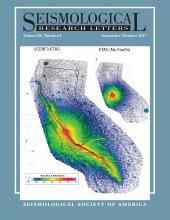
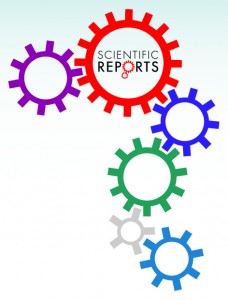 More than 20 faculty members at Johns Hopkins University have signed a letter to Scientific Reports saying they will resign from the editorial board if the journal doesn’t retract
More than 20 faculty members at Johns Hopkins University have signed a letter to Scientific Reports saying they will resign from the editorial board if the journal doesn’t retract 
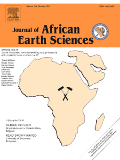 In February 2016,
In February 2016,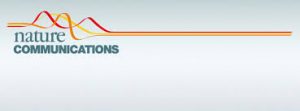
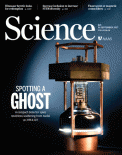 Science has issued an expression of concern for a widely covered materials science paper published on Friday, citing issues with the supplementary data.
Science has issued an expression of concern for a widely covered materials science paper published on Friday, citing issues with the supplementary data.